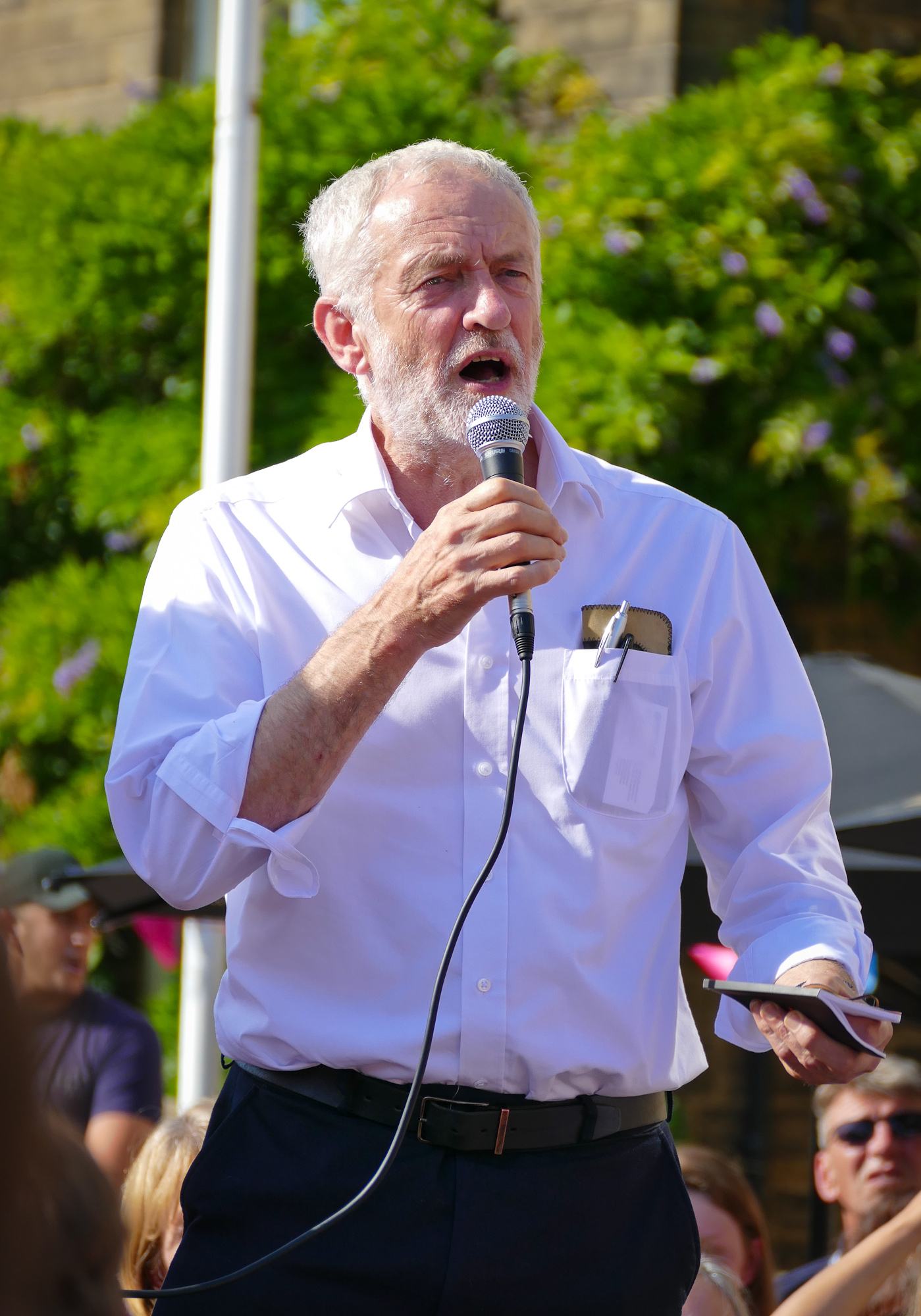“Austerity is a political choice, not an economic necessity” – Jeremy Corbyn on #Budget24

“Today’s budget exposes a government that is blind to the scale of the crises we face. While private companies are taking home more profit than ever before, more than 4 million children live in poverty.”
Jeremy Corbyn MP
“Austerity is a political choice, not an economic necessity” – Jeremy Corbyn exclusive on #Budget24
Jeremy Corbyn MP writes for Labour Outlook on #Budget24.
This is what we said back in 2015, five years into a devastating programme of cuts and privatisation. We knew that austerity would decimate our public services, plunge millions into poverty and send our country into economic decline. It was true then – and it is true now.
Today’s budget exposes a government that is blind to the scale of the crises we face. While private companies are taking home more profit than ever before, more than 4 million children live in poverty. A quarter of a million people are homeless, while millions more languish on social housing waiting lists. Our NHS is on its knees after decades of austerity and privatisation.
Perhaps most alarmingly, we are sleepwalking toward a climate emergency. Make no mistake, the climate crisis is here, and we are running out of time to avoid total catastrophe. People in the Global South are already suffering the worst consequences – more and more people in this country will experience the devastating effects of air pollution, heatwaves and flooding.
The Tories’ economic experiment has failed – and they should not get off lightly. Parroting the language of austerity is a grave mistake, and represents a missed opportunity to bring about the transformative change this country needs. When there are more billionaires in this country than ever before, the idea that we cannot afford to build a fairer and greener society is absurd. We have the means to end poverty, pay our workers properly and save the planet. We just need the political will.
Millions of us still believe in a real alternative.
One that funds a fully-public NHS; austerity and privatisation are the causes of – not the solutions to – the healthcare crisis.
One that introduced rent controls and builds social housing; we will never tackle the housing emergency until we treat housing as a human right, and embark upon a huge council house-building programme.
One that invests in a Green New Deal to transform the economy and create thousands of green, unionised jobs.
One that scraps the 2-child benefits cap; this cruel and callous policy is a moral disgrace, and we could pay for the abolition of this policy seventeen times over with a 1-2% wealth tax on people with assets over £10 million.
One that brings energy, water, rail and mail into public ownership; privatisation has been a total disaster, and it’s time we stood up to the companies holding our country to ransom.
Our economy is not just broken. It is rigged in the interests of the few – and unless we fundamentally rewrite the rules of our economy, nothing will change. There’s nothing fiscally responsible about plunging millions of people into poverty or destroying our natural world. Why can’t we have the courage to campaign for a more joyful, equal and sustainable future?
As the MP for Islington North, I will continue to campaign alongside my community for a redistribution of wealth and power. For an economy that puts human need before corporate greed. For a society that cares for each other and cares for all.
- You can follow Jeremy Corbyn on Facebook, Instagram and Twitter/X; and follow Jeremy Corbyn’s Peace and Justice Project on Facebook, Instagram and Twitter.
- If you support Labour Outlook’s work amplifying the voices of left movements and struggles in the UK and internationally, please consider becoming a supporter on Patreon.


/bnn/media/post_attachments/content/uploads/2023/12/swiss-inheritance-tax-proposal-20231227145538.jpg)